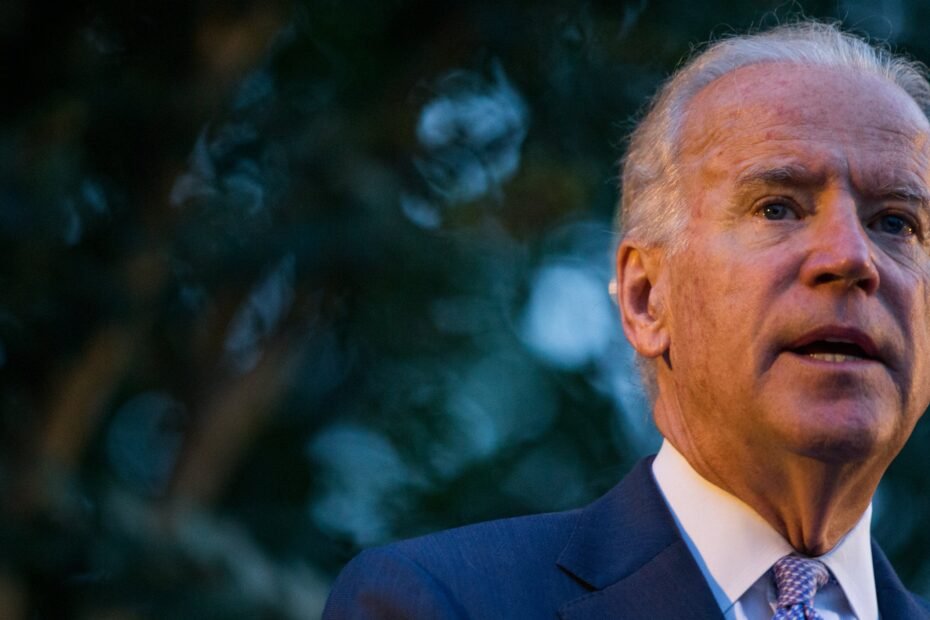President Biden is confronted with one of the most significant decisions of his presidency following a recent drone strike in Jordan that claimed the lives of three American soldiers. While he holds those responsible for supplying weapons accountable, he aims to avoid direct conflict with Iran, the suspected perpetrator behind the attack.
The President’s Decision and Its Implications
President Biden has informed CNN’s Arlette Signs that he has reached a decision on how to retaliate against the attack. However, the details of the response remain undisclosed, signaling the administration’s cautious approach in revealing its strategy. Despite the president’s intention to avoid escalation, officials suggest that the forthcoming response will surpass previous actions taken against Iranian-backed militias in Iraq and Syria.
White House Deliberations and Complexity of Response
The White House has been deliberate in its approach, considering the gravity of the situation. President Biden’s decision-making process reflects a delicate balance between demonstrating strength and preventing the conflict from spiraling into a broader regional war. While previous retaliatory strikes have not served as effective deterrents, the president remains committed to a response that commands attention while averting further escalation.
Presidential Engagement with Families of Fallen Soldiers
President Biden has reached out to the families of the three fallen soldiers, expressing gratitude for their service and extending condolences. His commitment to honoring their sacrifice is evident in his decision to attend the dignified transfer of their remains at Dover Air Force Base. The families’ approval of the president’s presence underscores the solemnity of the occasion and the nation’s collective mourning for the loss of its servicemen.
Pentagon’s Consideration and Military Options
The Pentagon maintains a cautious stance in discussing potential U.S. responses, emphasizing the need to prevent adversaries from anticipating forthcoming actions. Officials hint at a response that is broader in scope and sustained over time, hinting at a multi-faceted approach that could include strikes in Iraq, Syria, or even along the coast of Iran. The consideration of cyber warfare and special operations forces underscores the complexity of the military options at President Biden’s disposal.
Expert Insights and Recommendations
Former NATO supreme allied commander General Wesley Clark offers insights into the potential strategies available to President Biden. Clark advocates for a robust response targeting Iranian Revolutionary Guard command levels to deter further aggression. He highlights the importance of convincing Iran that its proxy war tactics are counterproductive and emphasizes the need for a decisive action that restores U.S. initiative in the conflict.
Political and Diplomatic Considerations
The proposed response draws attention to the delicate balance between deterring Iran and avoiding a full-scale regional conflict. While some Republicans advocate for strikes within Iran, concerns about the legality and potential consequences of such actions remain. President Biden’s challenge lies in crafting a response that signals resolve without inflaming tensions further or violating international norms.
In Conclusion
President Biden’s impending decision on how to respond to the drone strike underscores the complexity of managing conflicts in the Middle East. The administration’s careful deliberations reflect a commitment to upholding national security interests while minimizing the risk of broader escalation. As the situation unfolds, the world awaits the president’s next move and its potential implications for U.S. foreign policy and regional stability.
